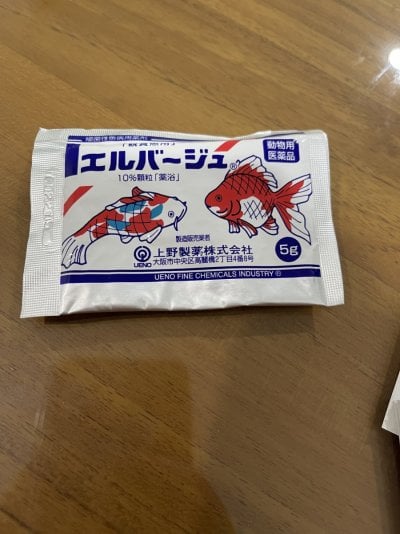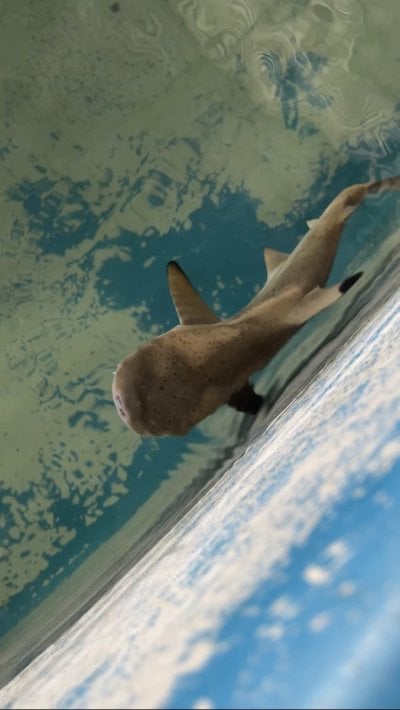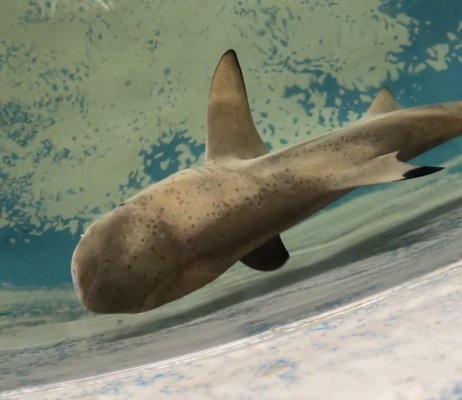This shark arrived with black spots on its skin. Initially the shark seems fine. Two days later, the its skin begin to show discoloration and more black spots appeared. Attempted to dose the shark with 50 grams of sodium nifurstyrenate (100mg per 1g) in 3000 L tank. Also tried to feed the shark, but it doesn’t want to eat even if it is loosing weight. Doesn’t seem to work, so I changed out the water …. I posted photos of the shark and the medicine that I used to dose the shark. If possible, can anyone identify the disease and suggest any better treatment or brand to help improve the condition of this poor shark. Thank you.






Last edited:












